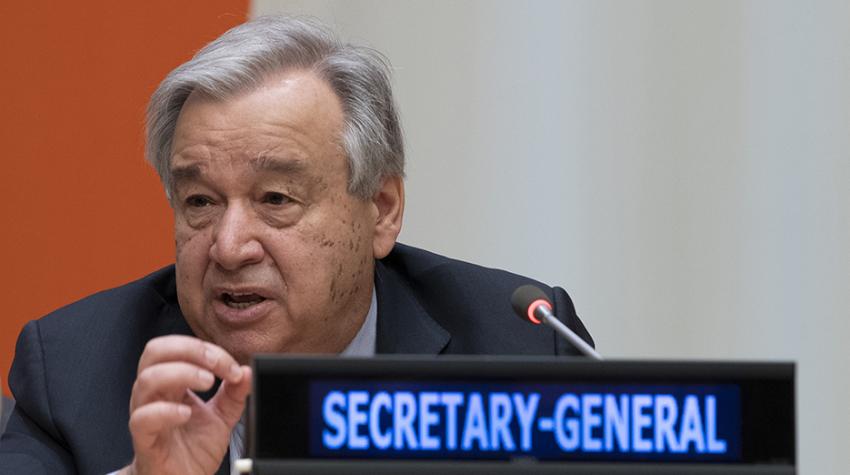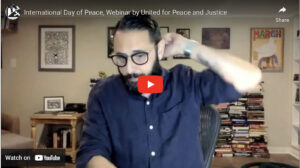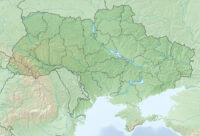On March 23, United Nations Secretary-General António Guterres declared:
“Our world faces a common enemy: COVID-19. The virus does not care about nationality or ethnicity, faction or faith. It attacks all, relentlessly. Meanwhile, armed conflict rages on around the world….
That is why today, I am calling for an immediate global ceasefire in all corners of the world. It is time to put armed conflict on lockdown and focus together on the true fight of our lives.”
In an April 3 update, Guterres reported that, “the global ceasefire appeal is resonating across the world,” noting that the call has been endorsed by some 70 United Nations Member States, numerous civil society organizations, all UN Messengers of Peace, religious leaders including Pope Francis, and more than a million people around the world through grassroots mobilization on line.
The Secretary-General reported that, “A substantial number of parties to conflict have expressed their acceptance for the call.” These include Cameroon, the Central African Republic, Colombia, Libya, Myanmar, the Philippines, South Sudan, Sudan, Syria, Ukraine and Yemen.
However, he warned: “there is a huge distance between declarations and deeds — between translating words into peace on the ground and in the lives of people.”
“And so,” he concluded, “we need to do everything possible to find the peace and unity our world so desperately needs to battle COVID-19. We must mobilize every ounce of energy to defeat it.”
These articles, in Consortium News (April 5) and The Guardian (April 19), provide additional important information about which countries are blocking implementation of the Global Ceasefire.
Please do your part! Add your name to the more than 2 million people who have signed the petition in support of the Secretary-General’s call for a global ceasefire.



